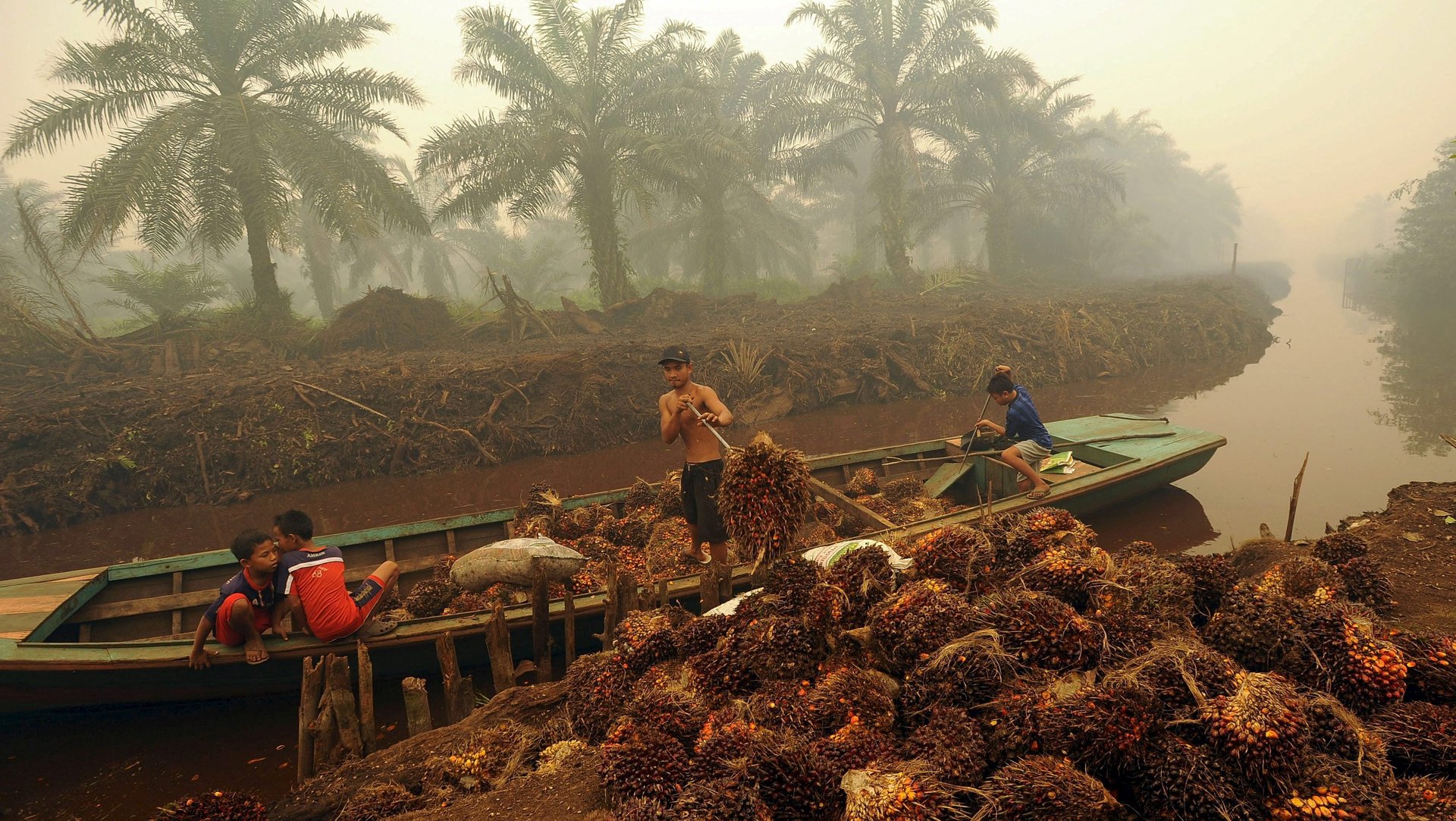At the Madrid climate talks, carbon offsets—and the future of the planet—are on the table
Delegates from around the world will gather Monday in Madrid for the start of a week of climate change summitry. This follows a major UN report showing that the goal of holding climate change at 1.5°C above pre-industrial average temperatures—the threshold at which climate change becomes catastrophic—is nearly impossible.


Delegates from around the world will gather Monday in Madrid for the start of a week of climate change summitry. This follows a major UN report showing that the goal of holding climate change at 1.5°C above pre-industrial average temperatures—the threshold at which climate change becomes catastrophic—is nearly impossible.
The planet is on track for 3.2°C of warming above pre-industrial levels by 2100. To stay below the 1.5°C threshold, global emissions would need to be cut by more than 7% every year between 2020 and 2030. That means emissions in 2030 would have to be 55% lower than they were in 2018. Put another way, “peak emissions” can’t come soon enough.
That’s where the Madrid meeting comes in. The 25th Conference of Parties to the United Nations Framework Convention on Climate Change, more commonly known as COP25, will be the “the COP of implementation,” according to Chilean environmental minister Carolina Schmidt, who will preside over the negotiations. At the summit, countries will finalize the mechanisms for meeting their climate commitments, and at least try to stave off the worst-case scenario.
One of the main matters of debate will be setting rules for international carbon markets, one of the few internationally coordinated efforts to contain climate change. Many countries plan to meet their climate goals in part by buying carbon credits to offset their own emissions, paying to prevent deforestation in other countries, or planting trees. Changes in land use, including deforestation, currently accounts for around a quarter of global emissions.
In practice, offsets are controversial. As journalists have reported for years, it’s hard to make sure trees aren’t harvested later. While long-lived trees in diverse, native ecosystems have the potential to store tremendous reserves of carbon, trees planted for offsets are often temporary. In some cases, eucalyptus or palm oil plantations can be counted as “reforestation,” despite the fact that they are planted only to be cut down (eucalyptus) or have measurably devastating impacts on the environment (oil palms).
What’s more, carbon credits are often too cheap to compete financially with the drivers of deforestation, like cattle ranching or mining.
Preventing double-counting of credits is also tricky. If, say, Germany bought five units of carbon credits for tree-planting in Brazil, both Germany and Brazil would be able to count those saved emissions in their carbon budgets. Of course, the atmosphere doesn’t count emissions that way.
During the previous round of climate talks, draft rules for carbon markets would have prohibited double-counting credits. The delegation from Brazil objected to this. As home to a large part of the Amazon rainforest, Brazil is likely to play host to much of the world’s carbon offsets. Being able to count projects funded by others towards its own climate target would be advantageous. The issue was put off to this year’s summit.
The Madrid meeting will determine how, or whether, the promises of the Paris Agreement will be turned into action. It’s not an exaggeration to say that the future of life on Earth is at stake.
A version of this story was published in the weekend edition of the Quartz Daily Brief, our news summary that’s tailored for morning delivery in Asia, Europe and Africa, or the Americas. Sign up for it here.